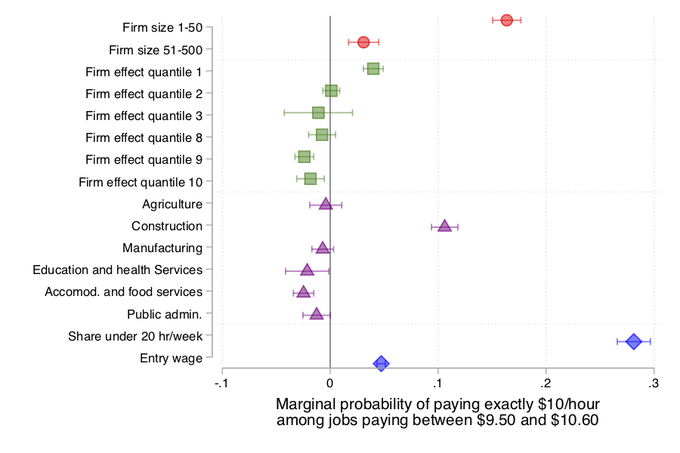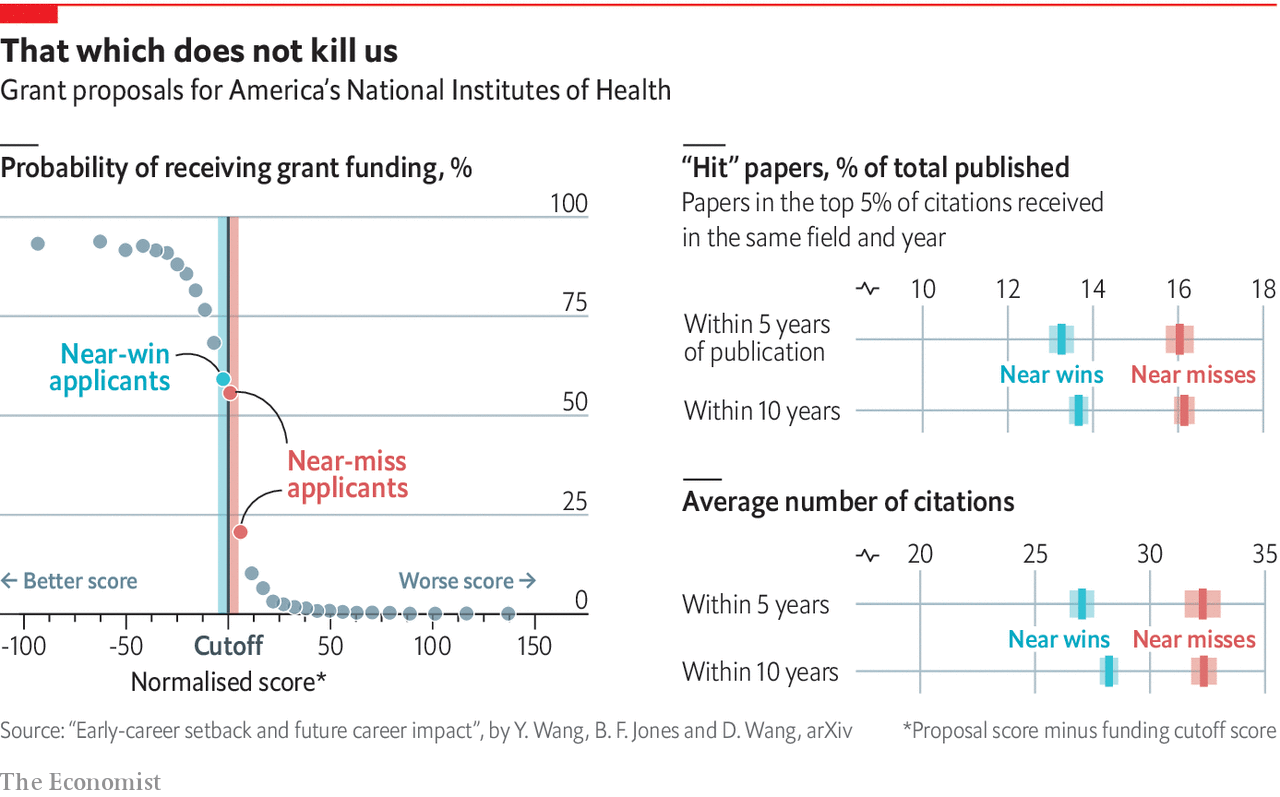Here is the quote for you:
“It is not often that a man can make opportunities for himself. But he can put himself in such shape that when or if the opportunities come he is ready.”
― Theodore Roosevelt
Coming up with ideas for good papers is hard. Sometimes they come out of the blue and the data cooperate. Sometimes, they....don't. It's hard to predict when the ideas will come. The important thing is to be prepared. Know the literature. Write down fragments of ideas, even bad ones. Keep up to date on interesting identification strategies. Be prepared so that when a good idea comes your way, you're ready to recognize it and implement it.

